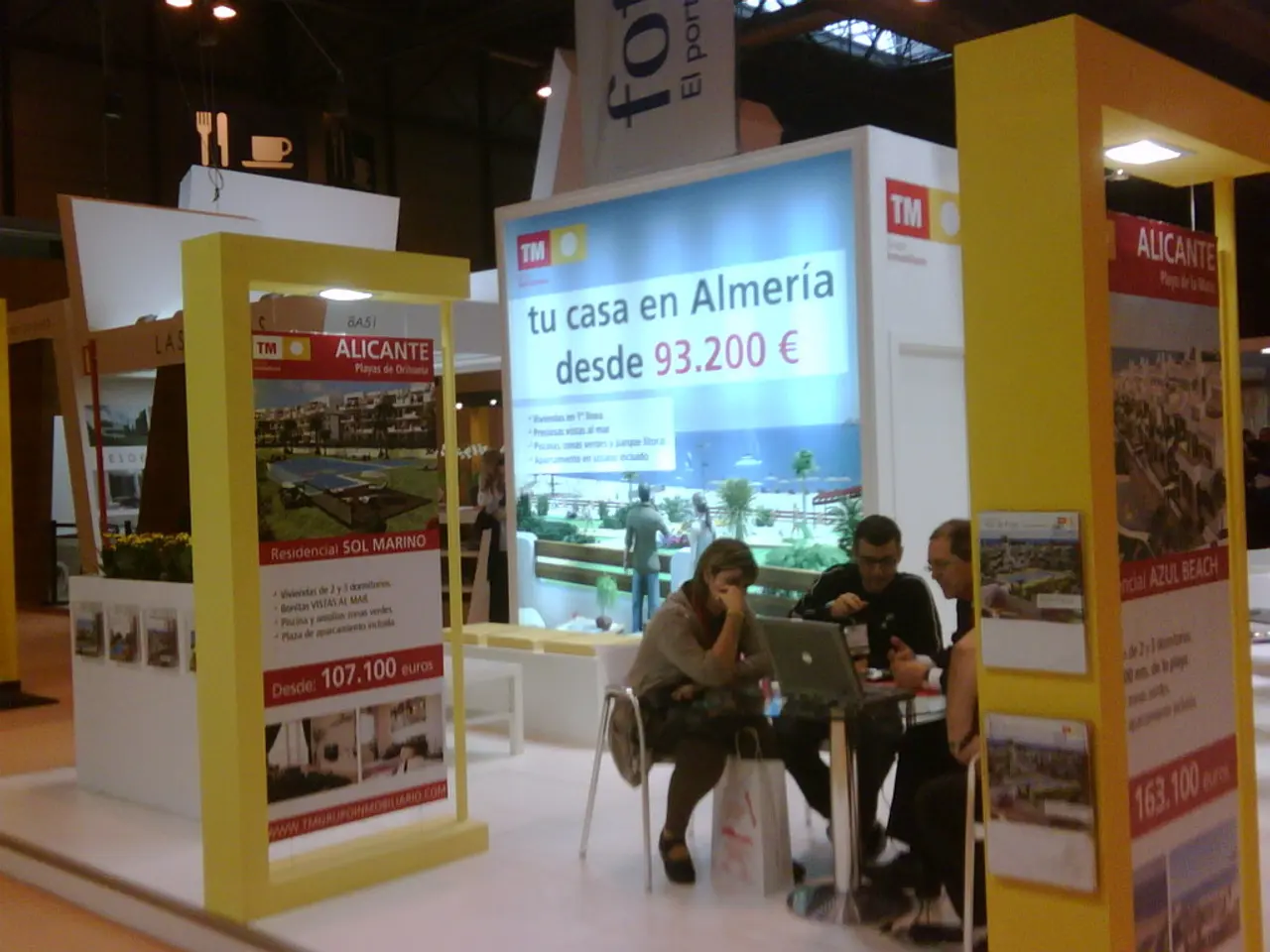Vestel is making more efforts to reorganize its operations in order to free itself from the burdensome debt amount of $3.5 billion.
In the dynamic world of electronics, Vestel, a leading Turkish electronics manufacturer and distributor, is navigating through challenging times. The company, known for its wide range of products including televisions, smartphones, tablets, and household appliances, has announced a long-term restructuring plan to adapt to technological change, shifting consumer demand, and global competition.
According to recent reports, the European white goods market across 24 countries grew by 2% in the first half of 2025 compared with a year earlier. However, Vestel has been facing mounting challenges in Europe, including rising energy costs, logistics bottlenecks, and intense price pressure from Asian imports. As a result, the company reported its steepest quarterly loss in Q2 2025, posting a net loss of ₺12.64 billion.
To address these issues, Vestel is implementing a restructuring program that aims to build stability rather than achieve quick results. Each division is reorganizing to meet evolving expectations. Notably, the company plans to lay off 2,000 employees as part of this program.
Despite these challenges, there are signs of recovery. Profitability of the company has already begun to recover in the second half of the year, supported by inflation accounting standards that allow financial results to be read more clearly.
Vestel's gross sales totaled ₺75.41 billion, of which ₺43.84 billion came from exports. Exports contribute $2.3 billion annually to Vestel's overall $4 billion turnover. In the first half of 2025, Vestel's production volumes decreased by 35%, and net sales fell 16% in lira terms and 21% in units. However, the company continues to invest in research and efficiency, with research and development (R&D) accounting for 4% of revenue, one of the highest ratios among Turkish manufacturers.
The financial strain at Vestel and its parent group Zorlu Holding, a significant player in the Turkish economy with a diverse portfolio including electronics, textiles, energy, and real estate, is due to falling sales in both Europe and Turkey, as well as a rapidly increasing debt burden.
The European home appliance association APPLiA has written to European Commission President Ursula von der Leyen calling for equal competitive conditions, with a second letter already being prepared. The association is seeking to address the uneven playing field created by various factors, including tariffs and subsidies.
In the European market, among the five largest EU markets, the United Kingdom, Italy, and Spain expanded by around 4%, while Germany and France contracted by about 1%, leaving overall EU5 growth at 1%. Vestel's sales were distributed across these markets, with 46% going to European countries, 42% to Turkey's domestic market, and 12% to other destinations.
Vestel currently employs about 16,000 people. The company's total liabilities are nearly four times larger than its equity capital of ₺38.94 billion. Operational efficiency and technological upgrades are key for Vestel to keep costs under control, according to Uylukcuoglu.
In conclusion, Vestel, a significant player in the global electronics industry, is undergoing a restructuring process to adapt to the changing market conditions. While the journey is challenging, the company is making strides towards stability and growth.
Read also:
- Peptide YY (PYY): Exploring its Role in Appetite Suppression, Intestinal Health, and Cognitive Links
- Toddler Health: Rotavirus Signs, Origins, and Potential Complications
- Digestive issues and heart discomfort: Root causes and associated health conditions
- House Infernos: Deadly Hazards Surpassing the Flames








